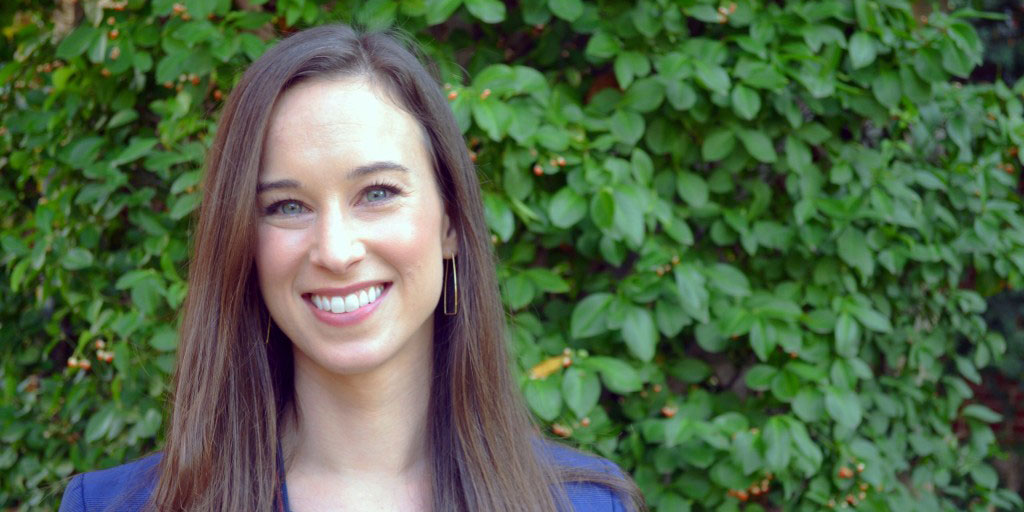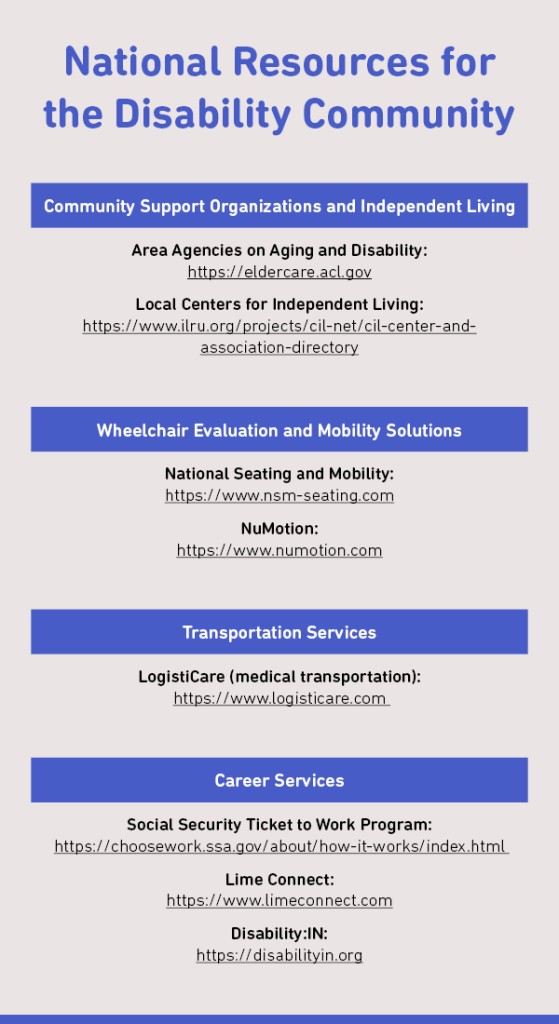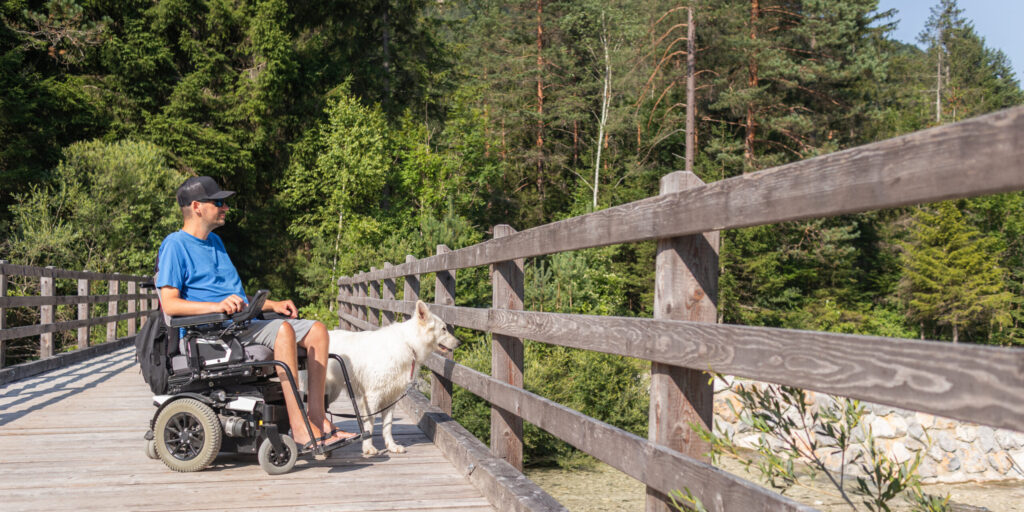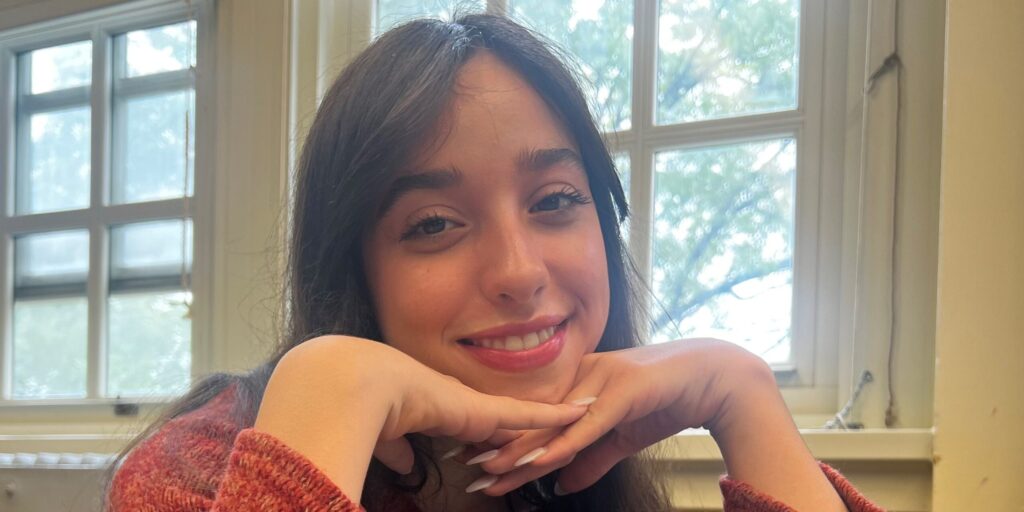
Who’s On Your MDA Care Center Team?: Young-Adult- and Adult-Focused Social Workers
By MDA Staff | Thursday, August 27, 2020
At more than 150 MDA Care Centers nationwide, kids and adults living with neuromuscular disease (NMD) have access to multidisciplinary care teams made up of different specialists who can coordinate in one place on an appointment day to optimize a complete care plan. Included on these teams are allied health professionals and social workers who can support individual treatment and planning aspects of daily life with an NMD. In this multi-part blog series, Who’s On Your MDA Care Center Team?, we sit down with some of the allied health professionals working with Care Center teams to find out more about their roles, when patients should loop them into care plans, and what advice they have for those adjusting to life with NMD.
Cynthia Clyburn, MSW, LSW, is a social worker in Neurology at Penn Medicine in Philadlphia and the dedicated social worker for the department’s MDA Care Center.

When should individuals involve a social worker in their treatment plan? What questions should they ask, and how can they help best inform you of what they need?
If possible, a social worker should be involved before or at the very beginning of the transition to an adult clinic. I typically introduce myself and my role to new patients prior to their first appointment. During their first appointment, we discuss their access to medical care, needs at home, school/career, hobbies, and interests. My goal is to identify barriers to getting adequate healthcare and offer resources for improving quality of life. I also address the emotional needs and mental health of our patients and their support systems. We identify coping mechanisms, discuss strategies for improving mood, and connect people to local supportive programs and providers.
How can social workers help adults with neuromuscular disease thrive?
Social workers identify community resources and connect adults with neuromuscular disease to programs, services, and accessible devices to promote independence and overall well-being. The goal is to provide young adults with the tools they need to thrive. Most of the resources I utilize are local. For instance, I may encourage a patient to reach out to their local office of vocational rehabilitation, county assistance office, or office of disability at a college. There are also several local career initiatives, advocacy groups, adaptive equipment specialists, sports teams, etc., I can connect people to.
What kind of follow-up or long-term social worker assistance should individuals plan for?
I offer patients my direct office number and we often communicate through our patient portal. I encourage people to reach out if they have a question about resources or need some additional guidance and support. I typically see patients during their first visit and love to touch base during their regular follow ups (usually every six months).
What advice do you have for those living with neuromuscular disease?
I always encourage young adults to take the lead over managing their medical treatment, social life, work life, etc. Although this can be overwhelming, there are resources to help guide you through so many facets of life, so don’t hesitate to reach out for support! If you have questions or concerns, MDA or your MDA Care Center social worker can offer you guidance and support.
TAGS: Healthcare, MDA Care Centers, Mental Health, Resources, Staying Active
TYPE: Blog Post
Disclaimer: No content on this site should ever be used as a substitute for direct medical advice from your doctor or other qualified clinician.




